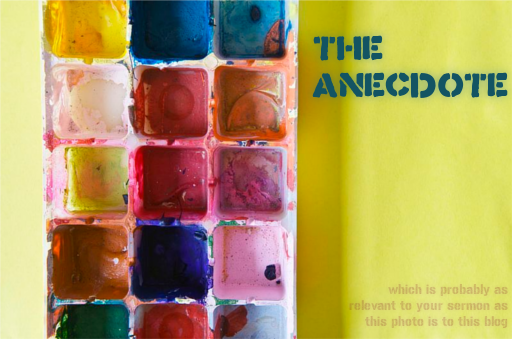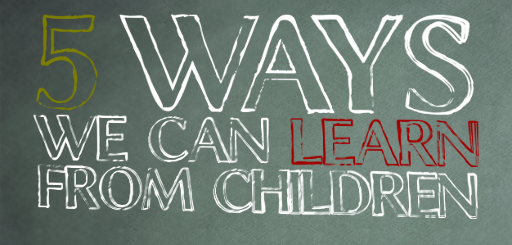Next week, I’m preaching for the second time (you can listen to my first go here). And while one would assume that the experience should make it easier and less daunting, it doesn’t. There are many circumstantial reasons for this:
- a lot less prep time (“only” 2 weeks’ notice this time round)
- I don’t have the excuse of it being my first time as a safety net
- The lectionary falls on Acts. Which is great, but it was a lot easier to just go with the message already spelled out in the Epistle last time (using the Gospel passage as a hook into that). This time, the sermon can take a fair amount of directions, and it’s a bit harder to pick one and stick with one.
Crucially, though – I have been given advice. It came in two forms: one was on the back of a conversation (of which, in fairness, I probably only remember the least useful bits!), and was given relatively independently of the passages: that I should pitch the sermon in the context of Easter. Because that’s “where people were going to be”. Probably great advice, the only issue is, I’m not quite sure what that means: after Easter Sunday, should we consider people to be on the road to Emmaus? Or further along the road, with the resurrection properly sunk in? Or should I wait until the Ascension for that*? Should I preach to both Peter and Thomas called Didymus?

Photo: THOR, reused under CC license
The Joke, The Anecdote and The Three-Part Structure: the Trinity of sermon-writing?
And as I’m trying to weave the church calendar into the sermon, I’m also reminded of the various pieces of advice that are, seemingly, valid for all sermons. You find them in books on sermon-writing (among which the two David Day ones are very helpful). That there should be a joke, and an anecdote, to pepper the whole tedious business for our yawning congregations. Thankfully, though, the abuses of the practice of The Joke, which ended up unrelated to the sermon, have been put to light and it seems that this is far less common now. I think the same goes for the anecdote.
Writing the sermon, I was scratching my head, trying to think of an anecdote to tell which was fitting to the sermon, but finding I probably do not have any to offer. This was a real block to the writing process. Once I realised that I didn’t need an anecdote as such, I was freed to let the sermon flow.
There is a real risk in giving rules about what sermons should include: that we end up seeing helpful rules as a compulsory system, and that The Anecdote becomes The Joke: forced, stale, and potentially worse, what people focus on and retain from the sermon. I would even argue that if it does not come naturally into the sermon, that is, without trying to fit one in, then an anecdote is detrimental to the quality of the sermon: it makes it bitty at best, self-contradictory at worst. (But yeah, if it does fit in naturally, then it makes the sermon all the more powerful and relevant!) So maybe there will be one in my sermon, but I don’t aim to include one at all costs.
Dead to rules, alive to the Bible
Despite this, I do believe one of the rules of sermon-writing should be upheld and observed at all times: preach from the text (rather than from a hypothetical point you’re trying to make). That rule can be applied, because it influences the entirety of the sermon, not just one part of it or its structure. And because it directs us to a source, it helps us avoid Bible-hopping.
I thought I had nothing to say about these two passages. Then I started to write, trying to explain what was happening in either of the passages, and what was surprising. And a mini-structure for the sermon just appeared. That’s what preaching from the text means: letting it guide you on a journey whose destination you don’t quite know yet.
This complete dependence on Scripture explains why it is so daunting to preach: these are powerful words we are wielding. And I hope I always tackle preaching with that same fear – that I never become blasé about what I’m preaching from. But at the same time, it is incredibly reassuring: because Scripture supports our preaching; and, relying on it, there’s no way to go terribly wrong!
—
* That said, I love the church calendar, and love using it. But that’s for another post!




